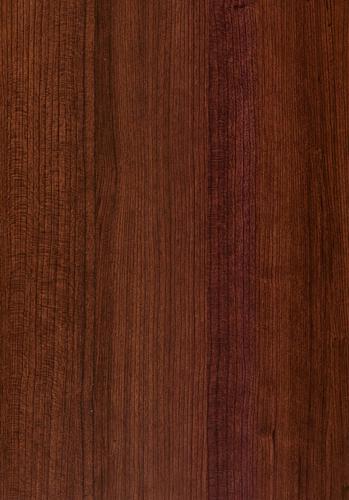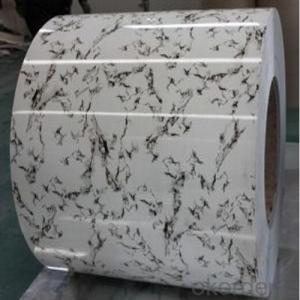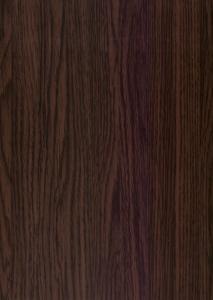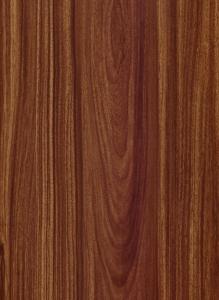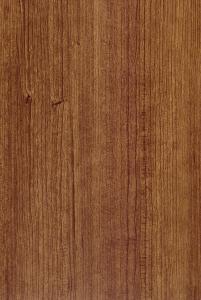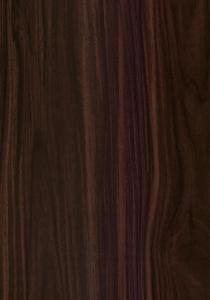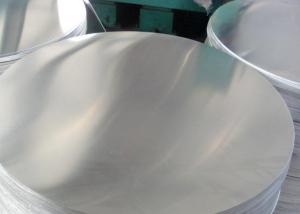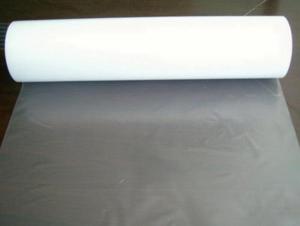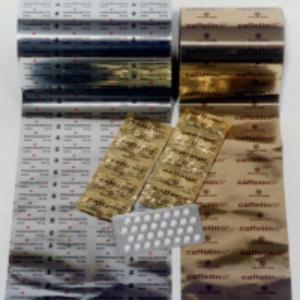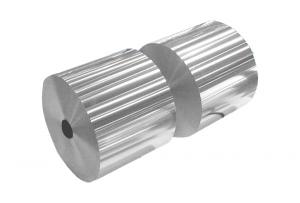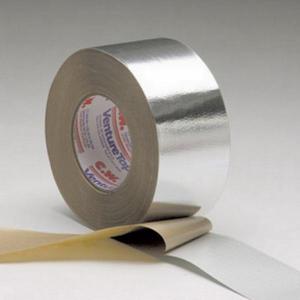Aluminum Wood Grain Coating Coil
OKorder Service Pledge
OKorder Financial Service
You Might Also Like
Aluminium coated sheetand coil choose aluminium sheet coil as raw material, after de-ester, cleaning,passivation layer processing, and then painting on this basis, the paint areprovided by famous international companies like PPG and Valspar from UnitedStates or Becker from Sweden, represent the most advanced level in the world.After the test of exposure by natural light in Florida, the quality assurance is more than morethan 20 years. As poor performance of color coated steel corrosion, rust,yellow rust after a large amount of the deficiency of serious impact on thebuilding's overall appearance. However, because of the advantages of rawmaterials, Aluminium coated coil have a high strength, corrosion resistance,high weather resistance, can be used recycle, save energy and protect theenvironment and other characteristics. Not only have the same strength with colorcoated steel, but also overcome the shortage of color coated steel. So, the Aluminiumcoated coil has been widely used as roofing and ceiling decorative envelopesystem board in modern constructions like large factories, exhibition halls,stadiums, airports, train station hospital and so on. We can choose Aluminiumcoated coil in different thickness and color, by cutting, pressing, punching,bending and other follow-up molding process for large span, the larger theoverall roofing, wall decorative panels used in construction; or cut them intosmall panels by bending, stamping mold or other processing for indoordecorative roofing plate; we can also composite them with polyurethane foam oraluminium honeycomb for energy-saving decorative wall plates.
Alloy | 1050,1060,1100,3003,3004,3005,3104,3105,5052,5005,8011 |
Temper | O,H42,H44,H46,H48 |
Thickness (mm) | 0.25mm-1.5mm for aluminium coated coil; 1.50mm-4.0mm for aluminium coated sheet. |
Width (mm) | 100mm to 2000mm |
Length (mm) | 800mm to 6000mm for sheet |
- Q: This question asks for the benefits or positive attributes that aluminum has compared to other types of metals.
- <p>Aluminum offers several advantages over other metals, including its low density, which makes it lightweight and ideal for applications requiring reduced weight. It also has excellent corrosion resistance, protecting it from rust and other forms of degradation. Aluminum is highly malleable and ductile, allowing it to be easily shaped into various forms. It has high thermal and electrical conductivity, making it suitable for heat exchangers and electrical wiring. Additionally, aluminum is abundant and relatively inexpensive compared to other metals, and it is fully recyclable with minimal loss in quality, contributing to its sustainability.</p>
- Q: Is aluminum suitable for use in paint and coating applications?
- <p>Yes, aluminum can be used in paints and coatings. It is often used in the form of aluminum pigments or flakes, which provide a metallic appearance and enhance the durability and corrosion resistance of the coating. Aluminum pigments are also valued for their ability to reflect light and heat, making them useful in applications requiring thermal insulation or reflective properties. Additionally, aluminum can be used in powder coatings, providing a hard, wear-resistant finish.</p>
- Q: This question asks about the potential health and safety risks associated with exposure to aluminum.
- <p>Aluminum exposure can lead to several safety issues. Chronic exposure may lead to neurological problems, including cognitive dysfunction and Alzheimer's disease, though the link is still debated. It can also cause bone diseases by leaching calcium from bones. Aluminum may contribute to kidney dysfunction and anemia. In occupational settings, inhalation of aluminum dust can lead to respiratory issues. It's important to note that the human body naturally eliminates aluminum, and the risk of toxicity is generally low under normal conditions. However, in certain medical conditions or with high exposure, aluminum can accumulate and pose health risks.</p>
- Q: Is it possible to use aluminum as a material for manufacturing stents used in heart surgery?
- <p>Aluminum is not typically used to make stents for heart surgery. Stents are usually made from materials like stainless steel, cobalt-chromium alloys, or platinum-chromium alloys due to their strength, flexibility, and biocompatibility. These materials can withstand the mechanical stress within the body and are less likely to cause adverse reactions. Aluminum, while lightweight and corrosion-resistant, lacks the necessary strength and biocompatibility properties required for long-term implantation in the human body, particularly in critical applications like heart stents.</p>
- Q: Is it possible to utilize recycled aluminum in the manufacturing of automobiles and other types of vehicles?
- <p>Yes, recycled aluminum can be used to make automobiles and other vehicles. It is a common practice as aluminum is highly recyclable and retains its properties even after multiple recycling processes. Using recycled aluminum reduces the need for new aluminum production, which is energy-intensive, and contributes to sustainability efforts. Recycled aluminum is often used in vehicle components such as engine parts, body panels, and wheels, due to its lightweight, strength, and corrosion resistance.</p>
- Q: Is it safe and practical to use pure aluminum foil for wrapping food for storage?
- <p>Yes, you can use pure aluminum foil to wrap food for storage purposes. Aluminum foil is widely used for its excellent barrier properties against air, moisture, and light, which helps to preserve food freshness and prevent spoilage. It's also heat resistant, making it suitable for both refrigeration and cooking applications. However, ensure the foil is food-grade and avoid using it with acidic or salty foods as these can cause a reaction with the aluminum. Always follow the manufacturer's guidelines for safe use.</p>
- Q: Is it safe to use pure aluminum for baking or roasting food in a traditional oven or grill?
- <p>While pure aluminum is a common material in cookware, it's not recommended for direct use in baking or roasting food in a traditional oven or grill. Aluminum can react with acidic foods, potentially leaching aluminum into the food. Additionally, aluminum foil can burn and create a hazardous situation. For baking or roasting, it's safer to use materials specifically designed for these purposes, such as parchment paper, silicone baking mats, or oven-safe dishes.</p>
- Q: The question seeks to understand the steps involved in producing aluminum, from raw material extraction to the final product.
- <p>The process of aluminum production involves several key steps. Initially, bauxite, the primary aluminum ore, is mined. This ore is then crushed and washed to remove impurities. The next phase is the Bayer Process, where bauxite is dissolved in a caustic soda solution under high temperature and pressure, resulting in a solution rich in aluminum hydroxide. This solution is then seeded with aluminum hydroxide crystals, causing more crystals to form, which are then harvested. The final step is the Hall-H茅roult Process, where the aluminum oxide is dissolved in a molten cryolite bath and electrolyzed to extract pure aluminum. This process involves passing an electric current through the bath, causing aluminum ions to be reduced at the cathode, forming molten aluminum which is then tapped off for further processing or use.</p>
- Q: Is it safe and effective to use aluminum foil for wrapping food items in a refrigerator or freezer?
- <p>Yes, you can use aluminum foil to wrap food in a refrigerator or freezer. Aluminum foil is a good insulator and can help keep food fresh by preventing freezer burn and moisture loss. It also protects food from absorbing odors. However, it's important to ensure the foil is tightly wrapped around the food to maintain its effectiveness. Additionally, avoid using aluminum foil with acidic foods as it can react with them, potentially causing a metallic taste.</p>
- Q: Is there a more environmentally friendly method for recycling aluminum?
- <p>Yes, aluminum can be recycled in a more environmentally friendly way. The process of recycling aluminum is already quite efficient, as it requires only 5% of the energy needed to produce new aluminum from raw materials. However, further improvements can be made by optimizing recycling processes, reducing transportation emissions, and increasing the use of recycled aluminum in new products. Additionally, implementing closed-loop recycling systems where aluminum is continuously recycled without loss in quality can minimize waste and environmental impact. Educating consumers about the importance of recycling and improving collection systems can also contribute to more sustainable aluminum recycling practices.</p>
Send your message to us
Aluminum Wood Grain Coating Coil
OKorder Service Pledge
OKorder Financial Service
Similar products
Hot products
Hot Searches
Related keywords

